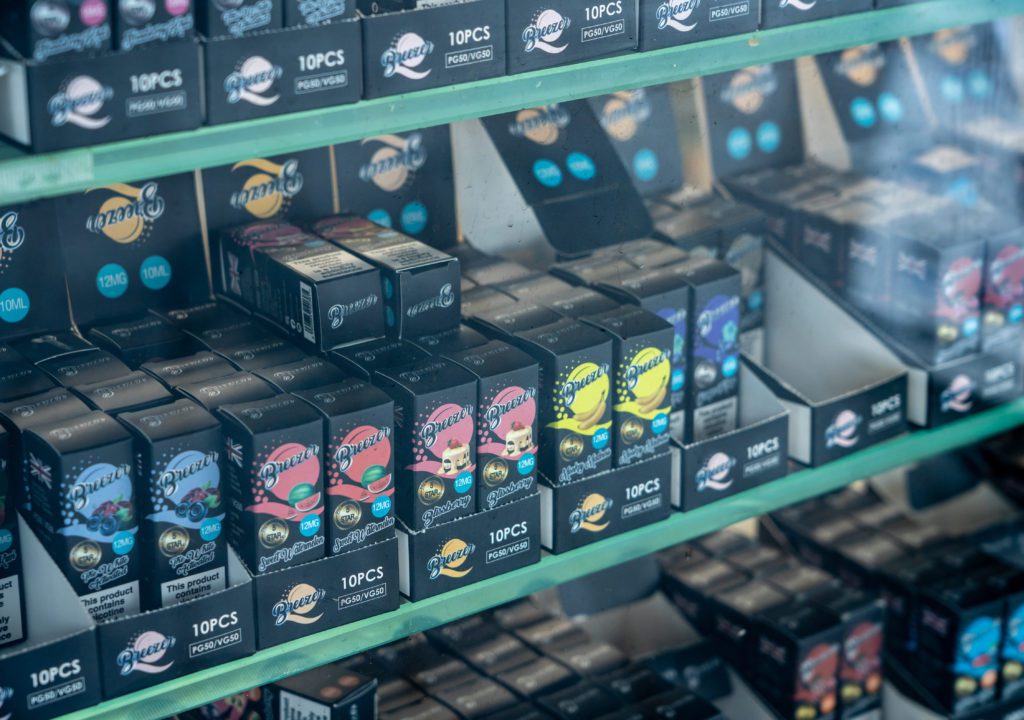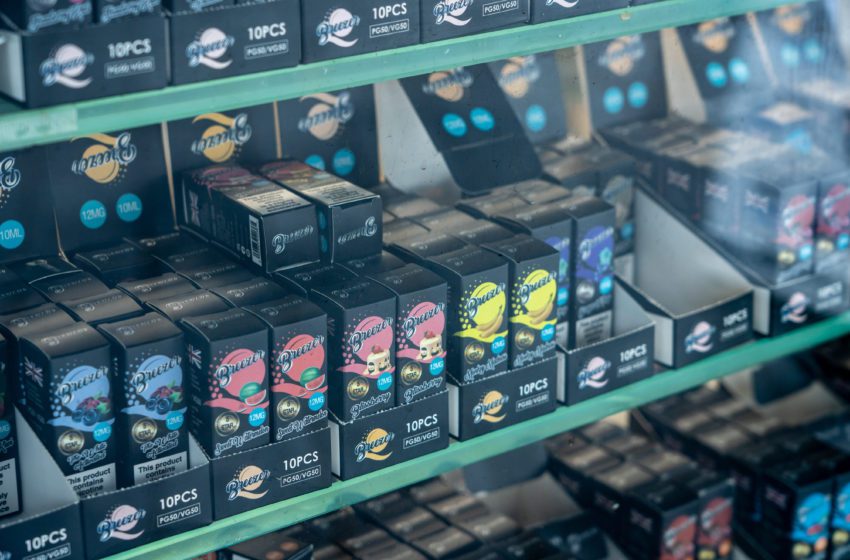
A recently accepted manuscript of an article set for publication in Nicotine & Tobacco Research found that flavored vaping and other tobacco sales restrictions in California did not affect youth e-cigarette use.
Karl Abramson, writing for American for Tax Reform (ATR), says that the findings are prominent because proponents of flavor bans claim that flavored vaping products are the cause of youth vaping, and therefore must be banned.
Researchers analyzed data from the California Healthy Kids Survey to look at e-cigarette use among high-school students in the California Bay Area.
They compared changes in e-cigarette use between 2018 and 2019 among students attending school in a city with a flavored e-cigarette ban and student attending school in a city without a flavor ban.
The researchers concluded that flavored vape bans “did not significantly change” the odds of current and ever e-cigarette use among students.
Local flavor bans in California “were not associated with a change” in e-cigarette use, meaning that the policies that were intended to decrease youth vaping did not accomplish that goal.
“Flavored vape bans are proven to have drastically negative consequences for public health, state finances, and national security,” writes Abramson. According to a study from Yale University researcher Abigail Friedman, a flavor ban in San Francisco led to chances of youth smoking more than doubling.
“Because flavors are essential for adults trying to quit smoking, flavor bans prevent adults from making the lifesaving switch,” he stated. “State finances are impacted by flavor bans as well, like in Massachusetts where a ban on flavored vaping and tobacco products is costing the state an estimated $10 million each month.
“Flavor bans prevent these lives from being saved and are shown to have no impact on youth use. Flavor prohibition is entirely the wrong approach for lawmakers to take with novel reduced-risk nicotine products.”

